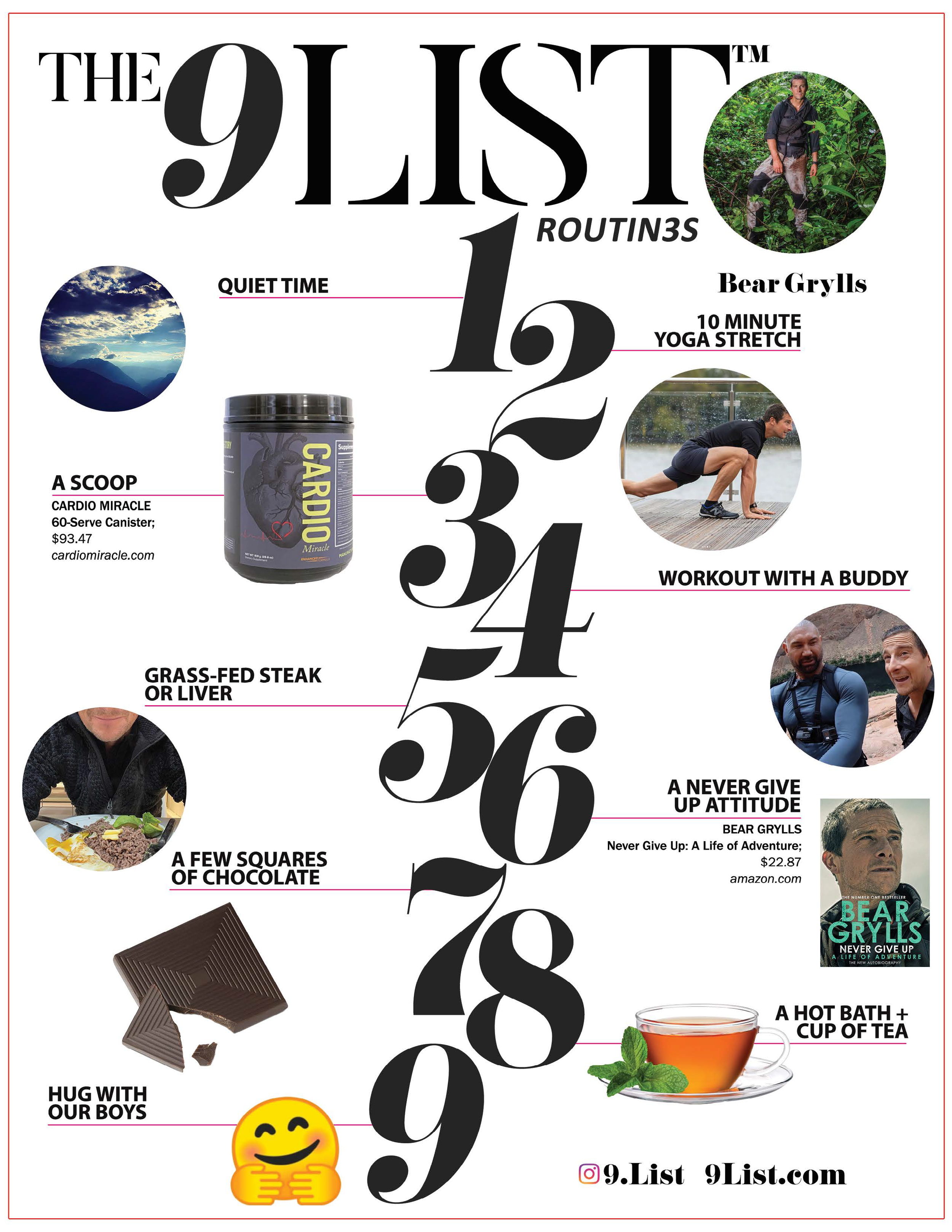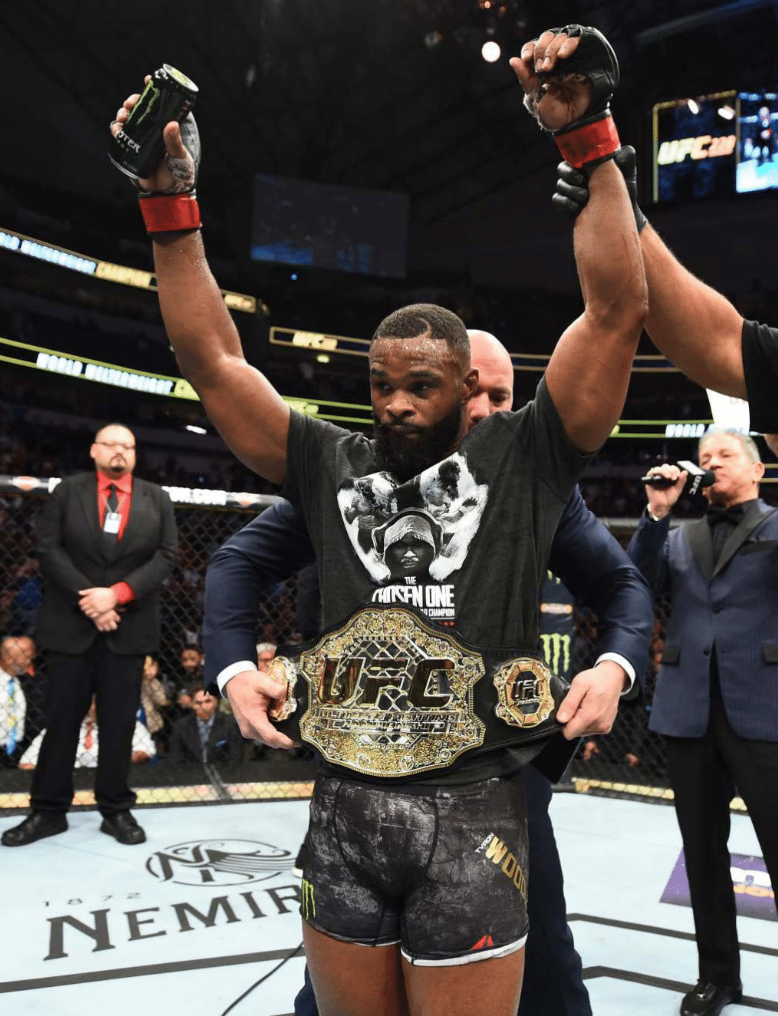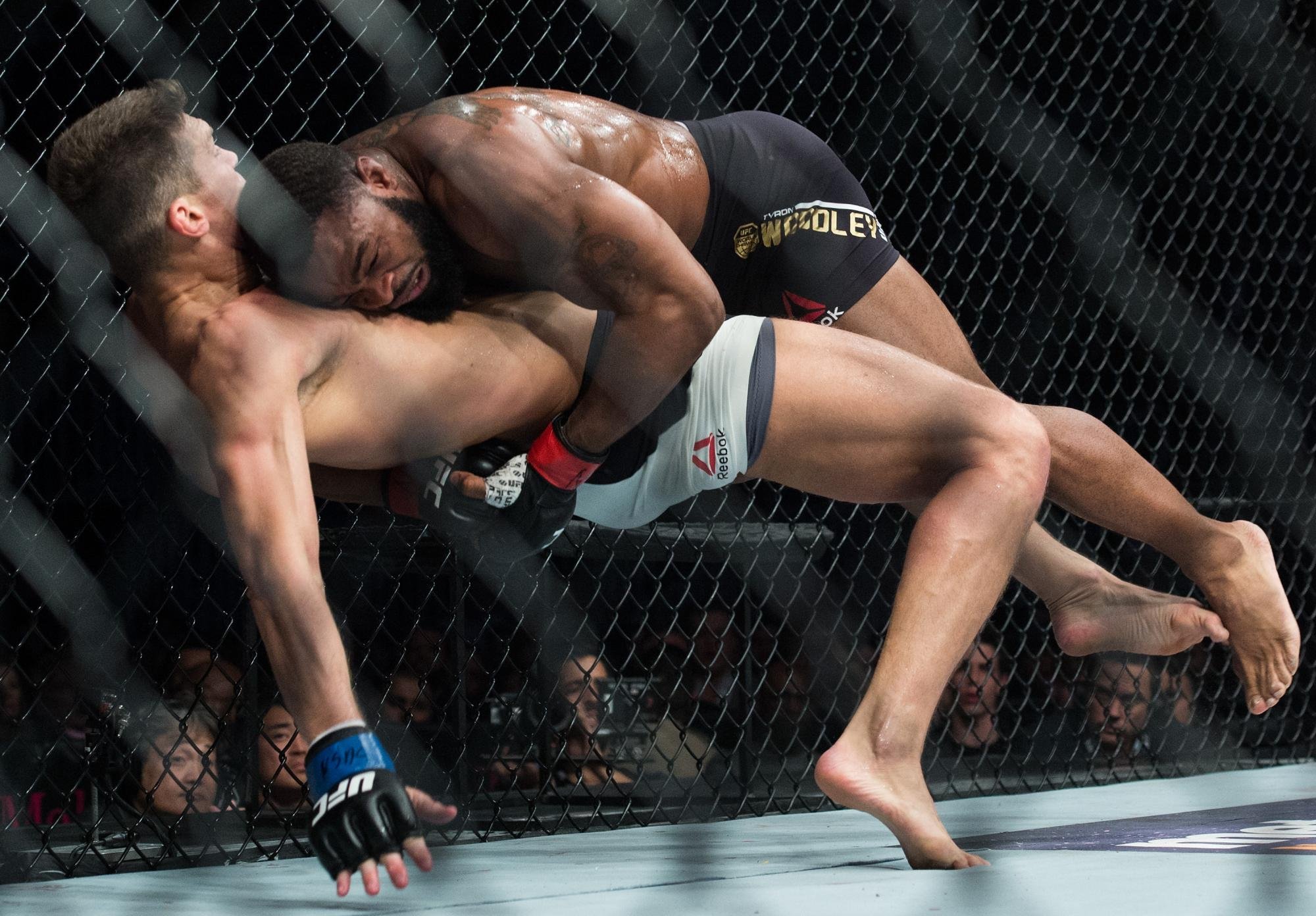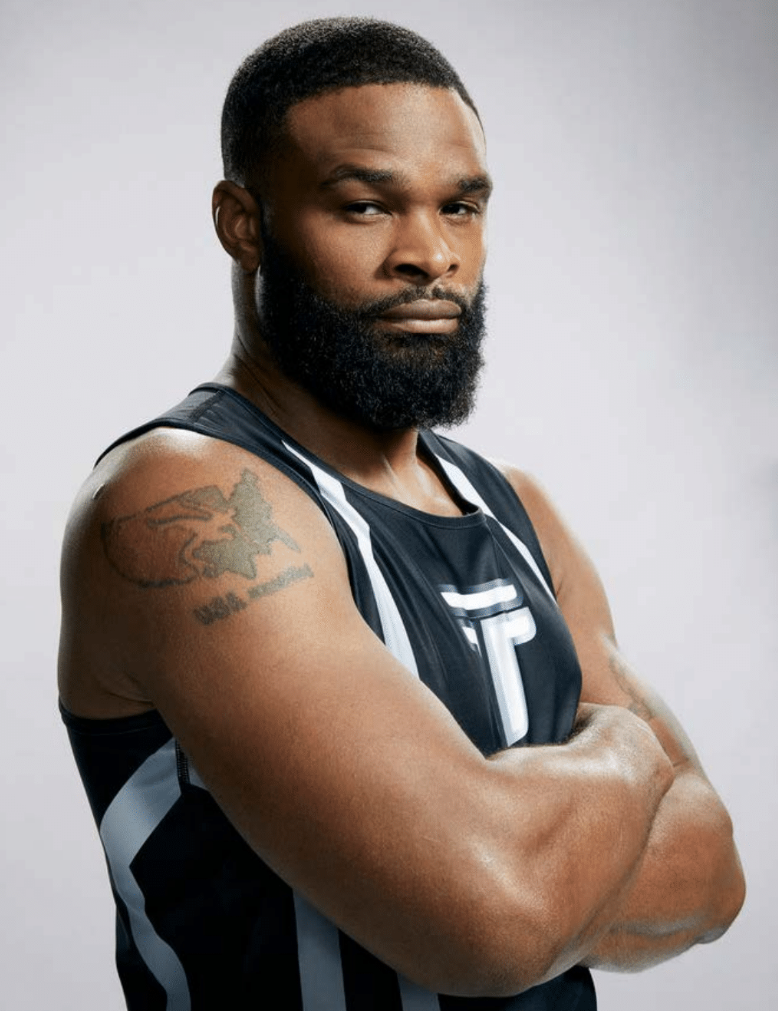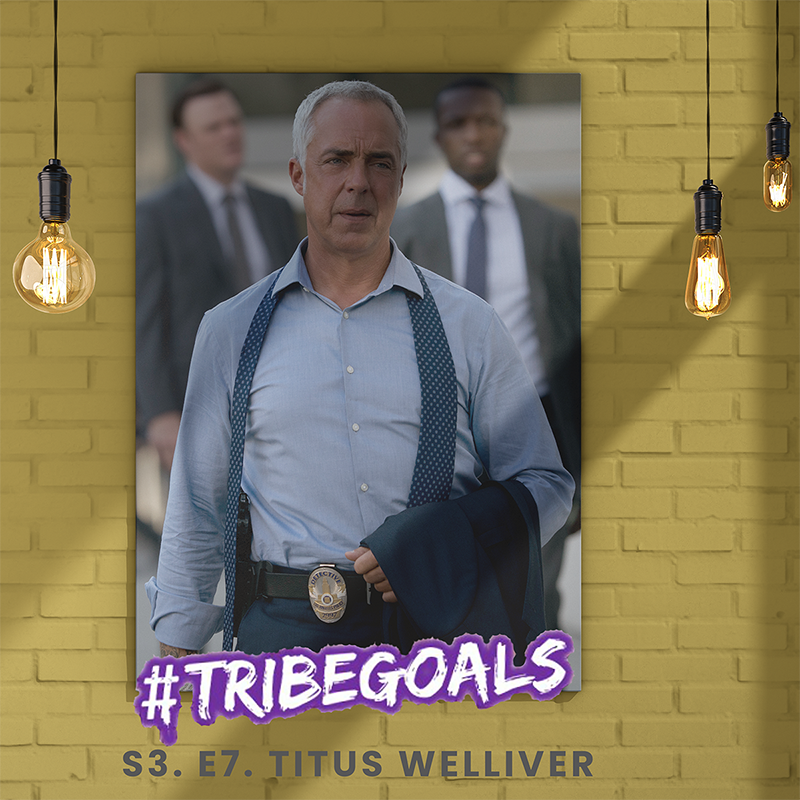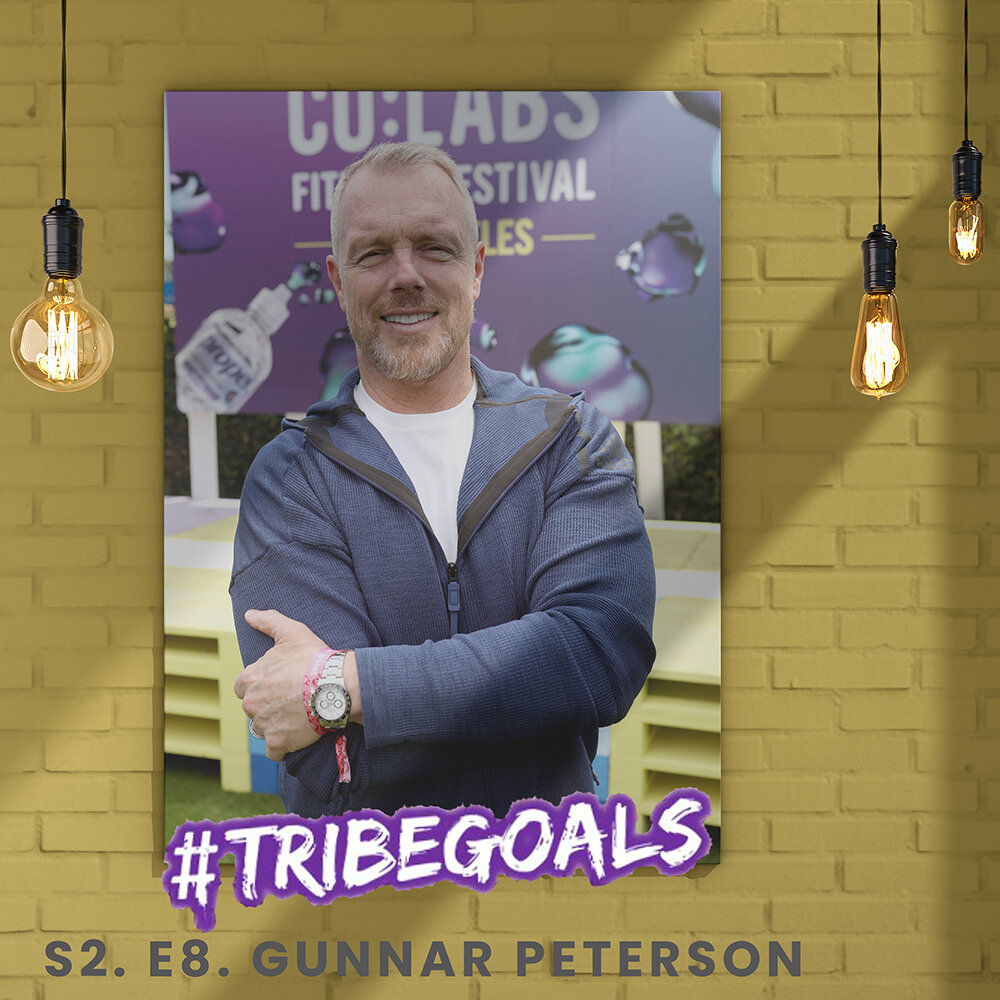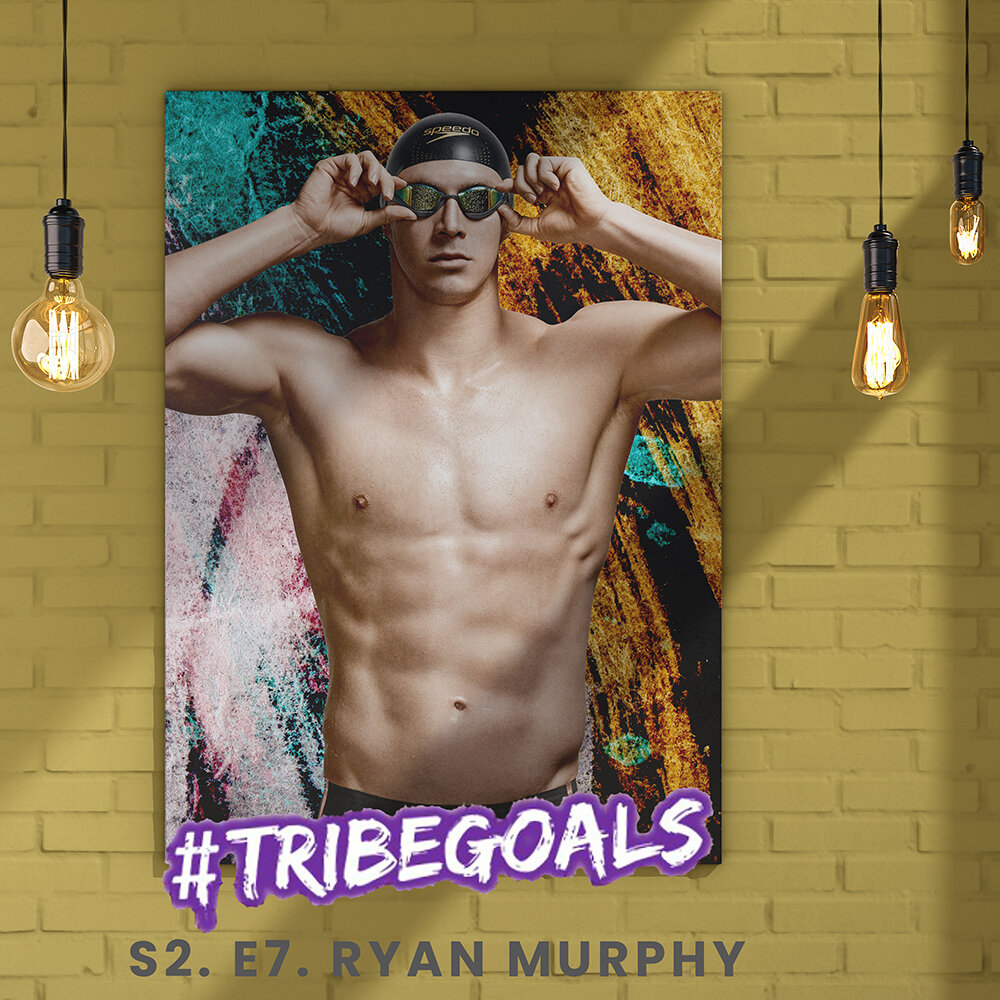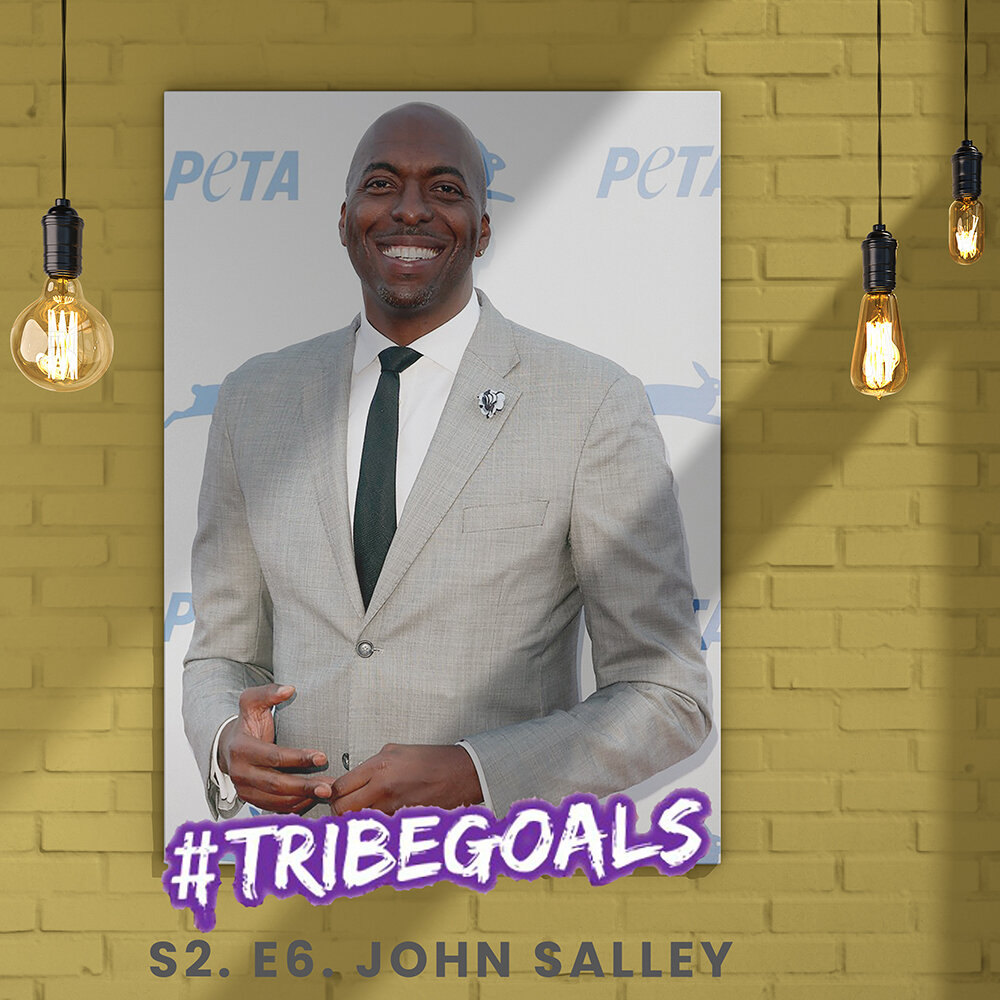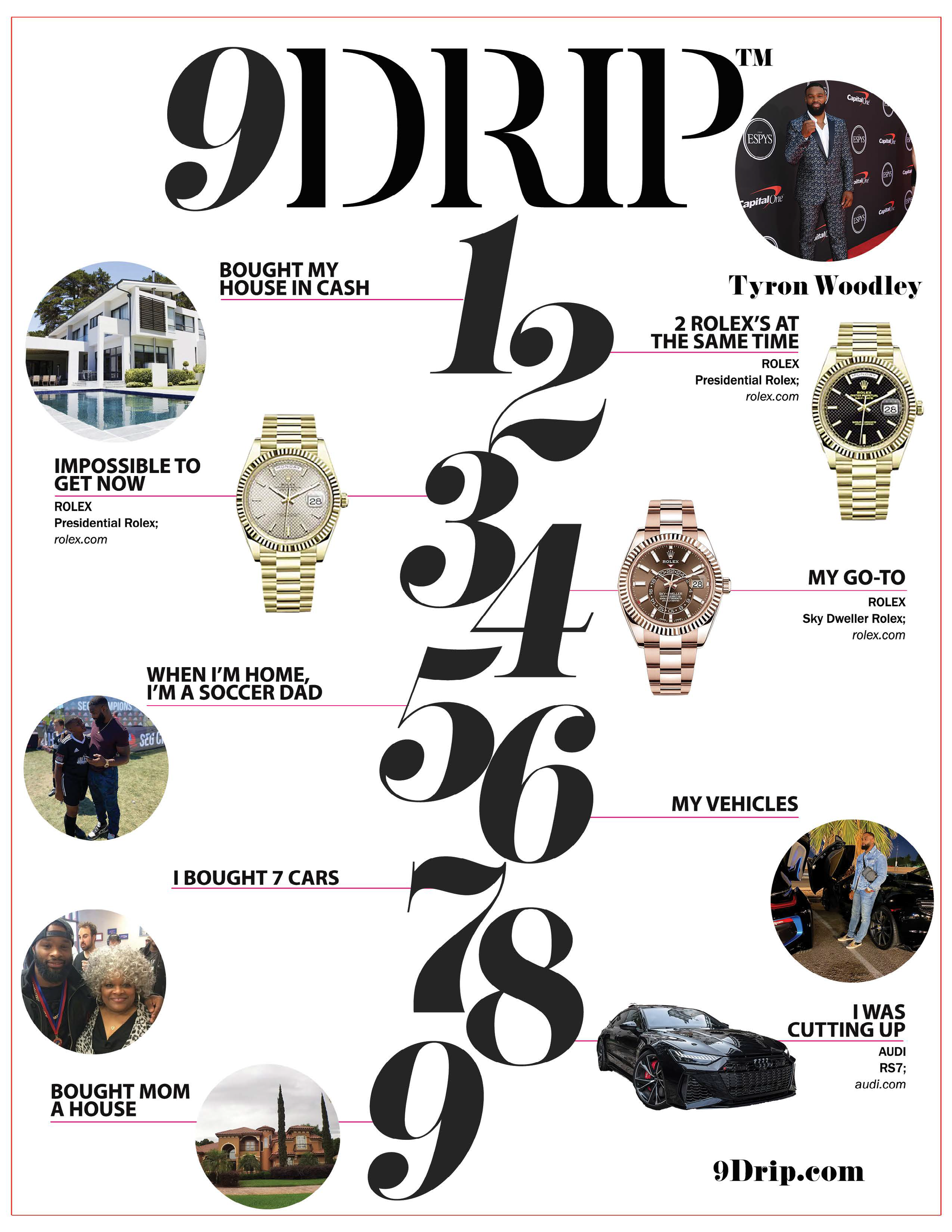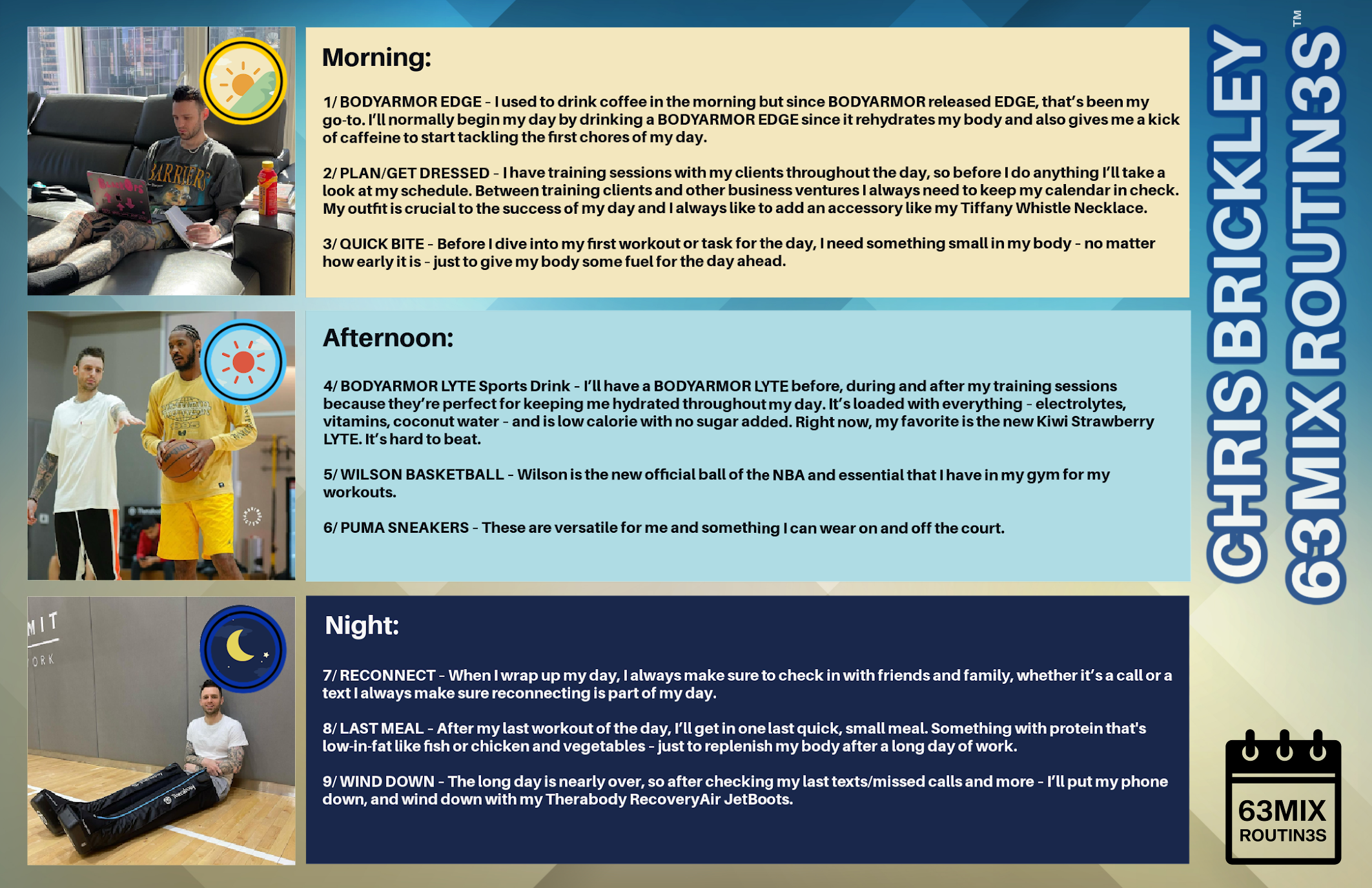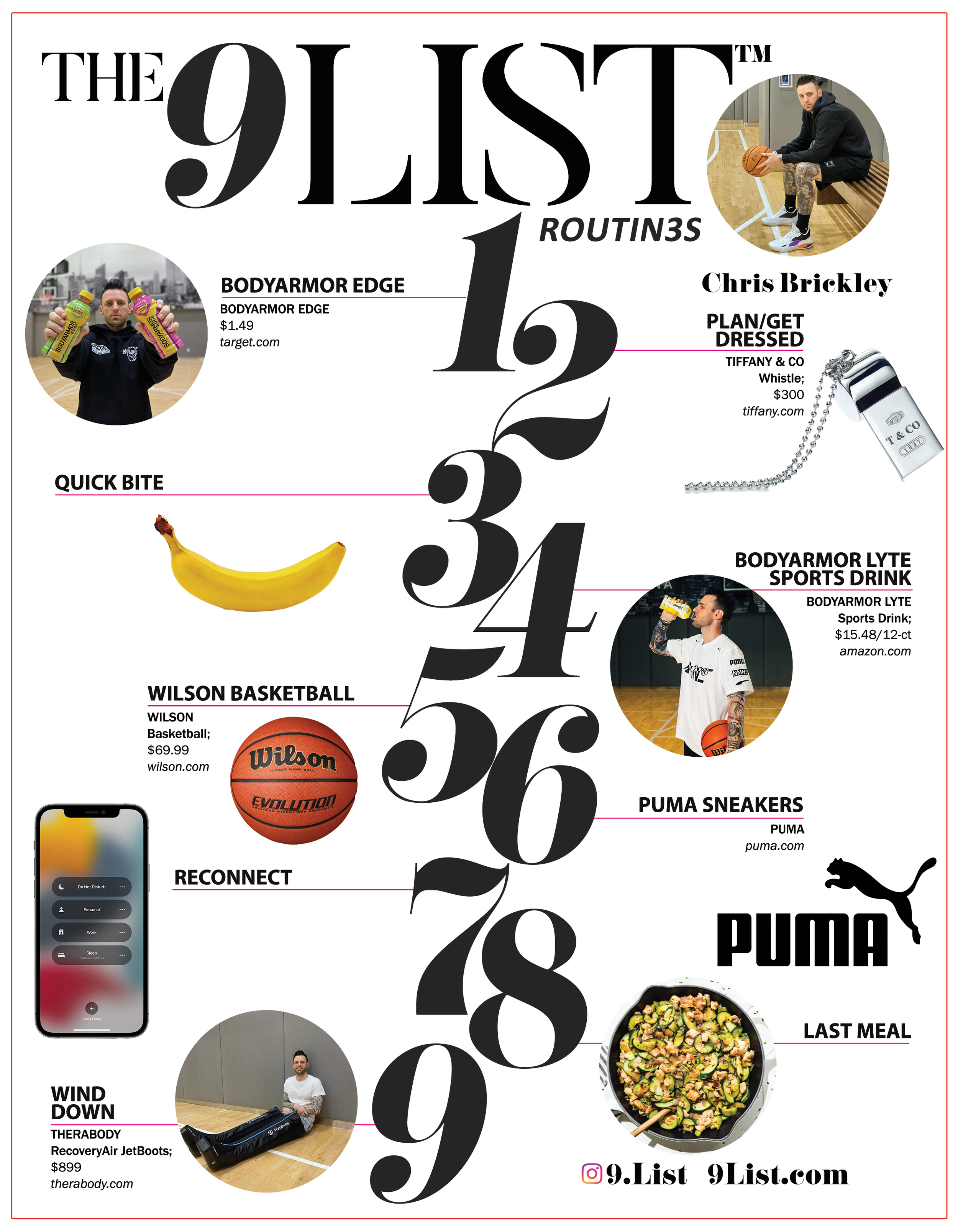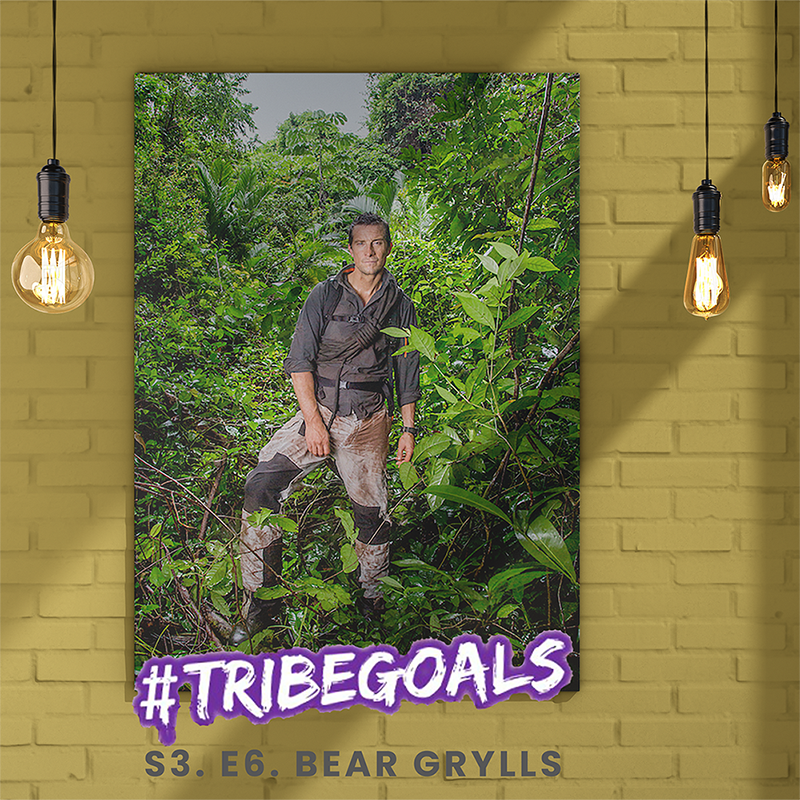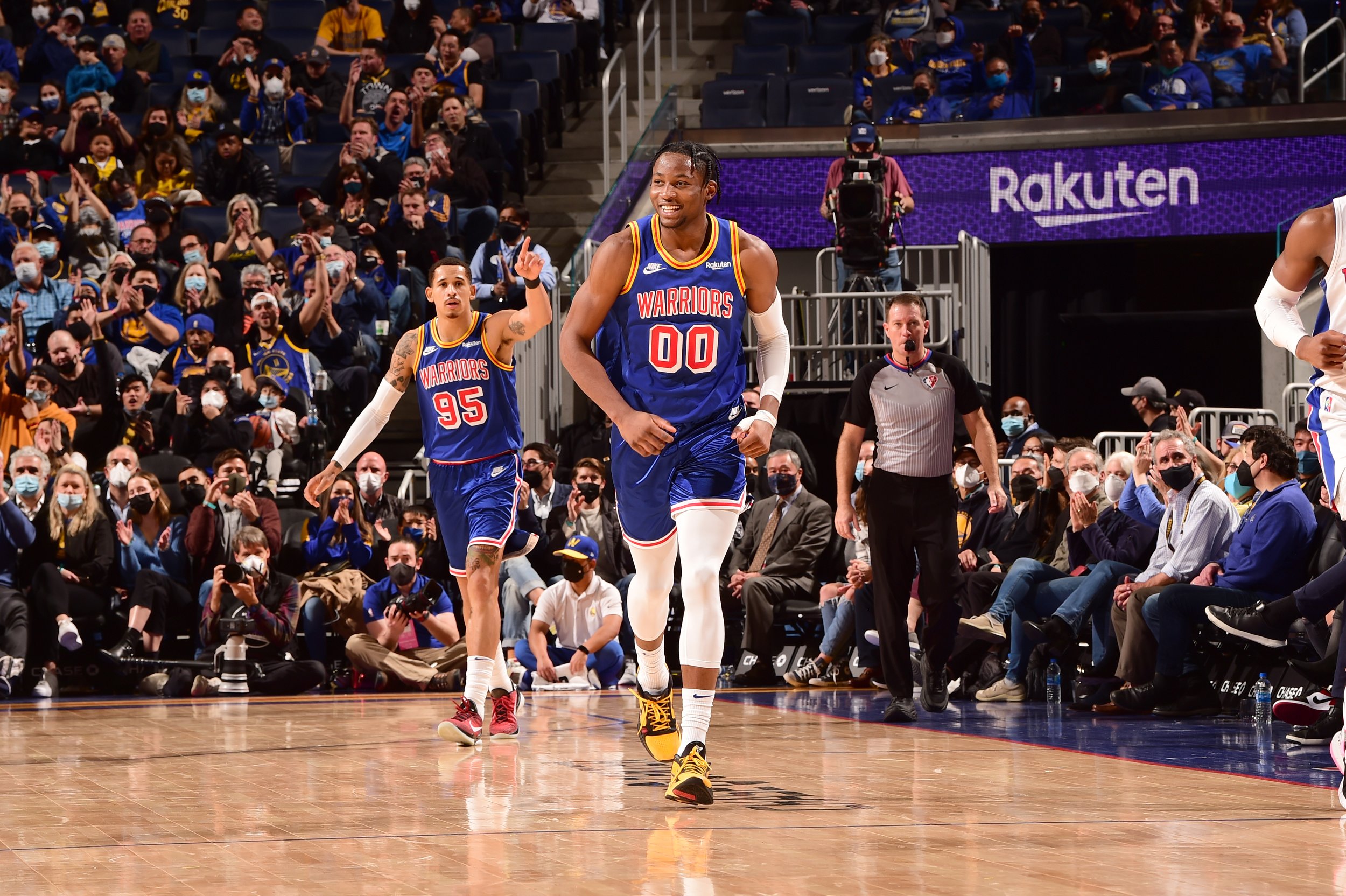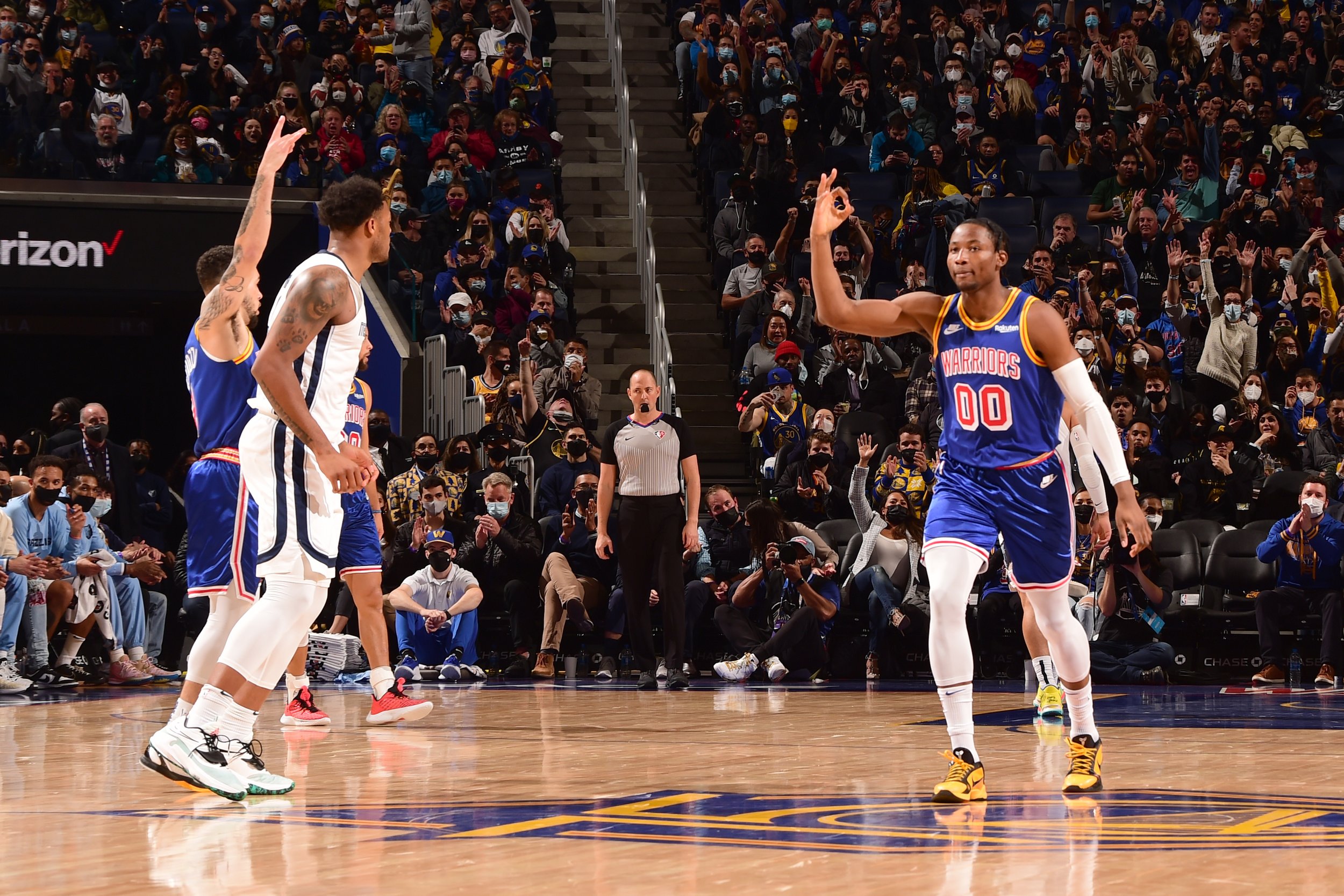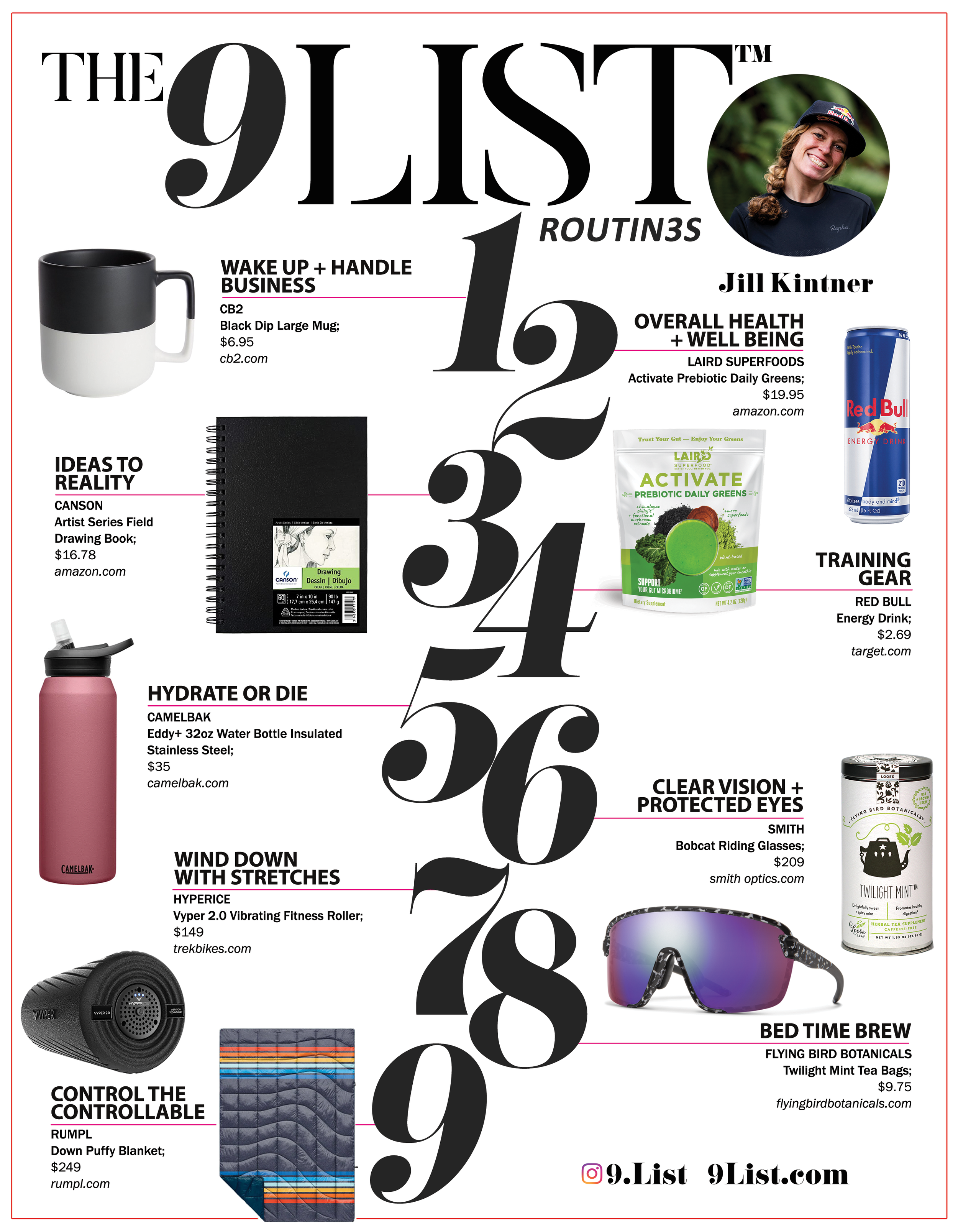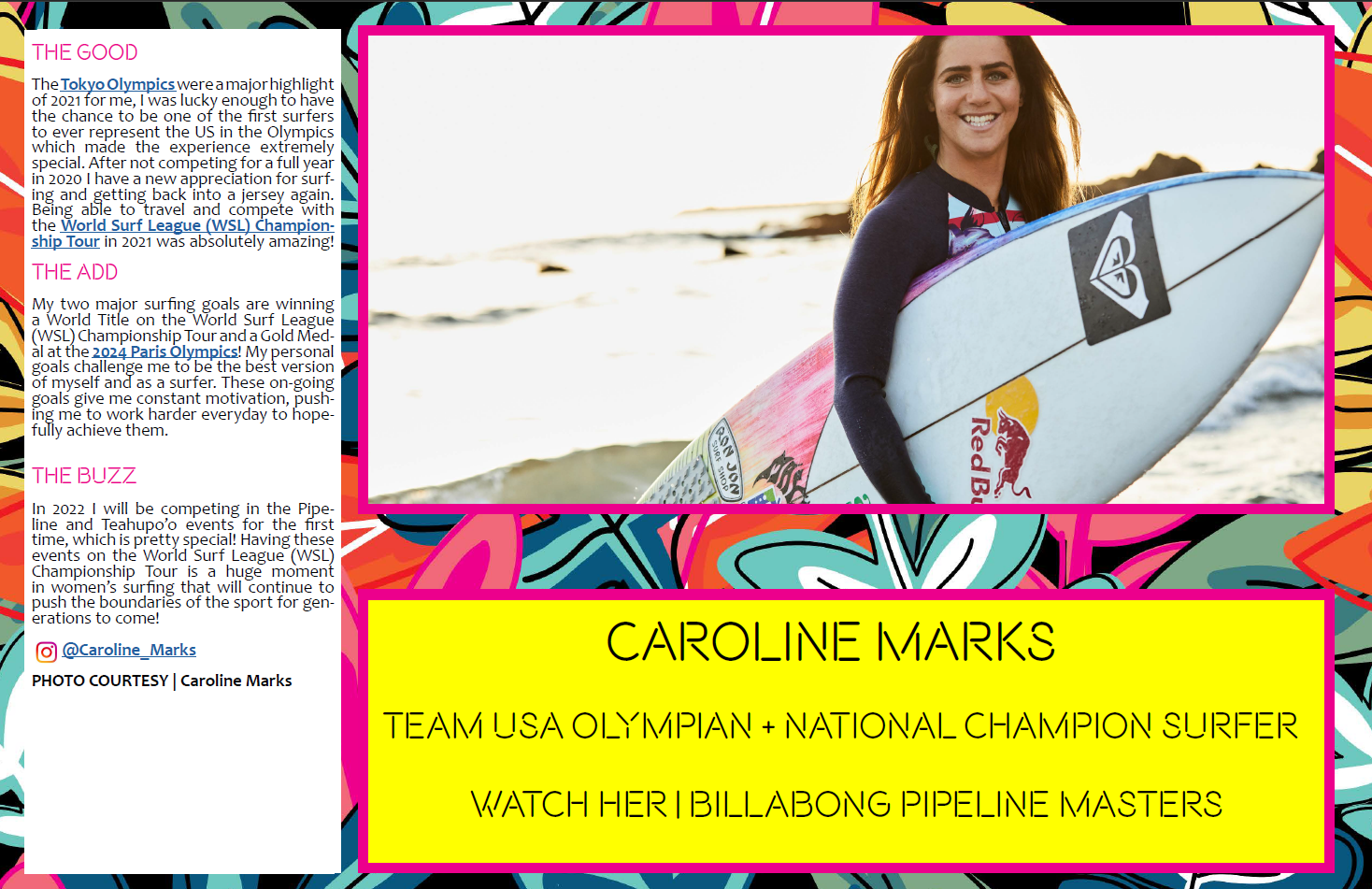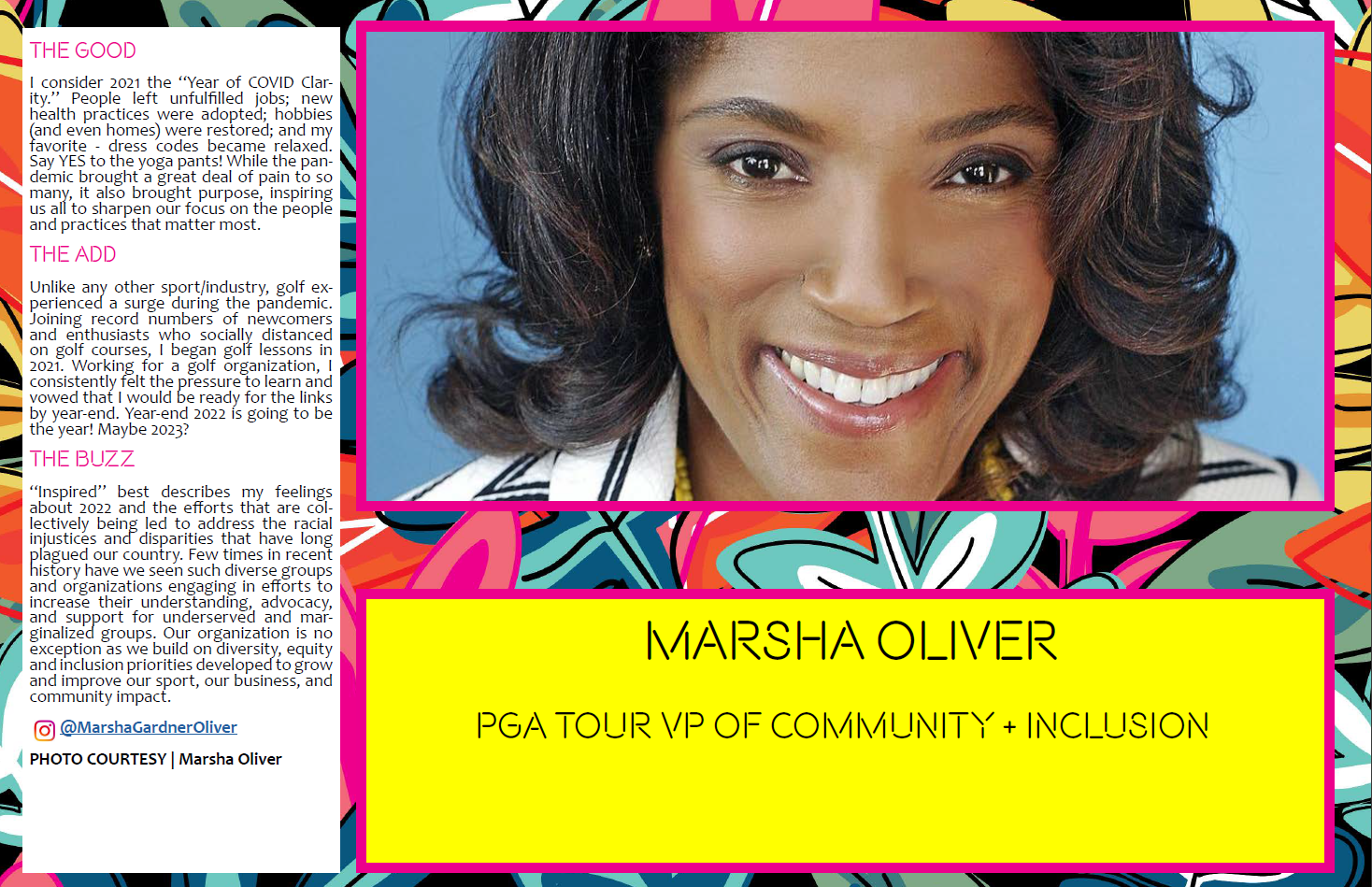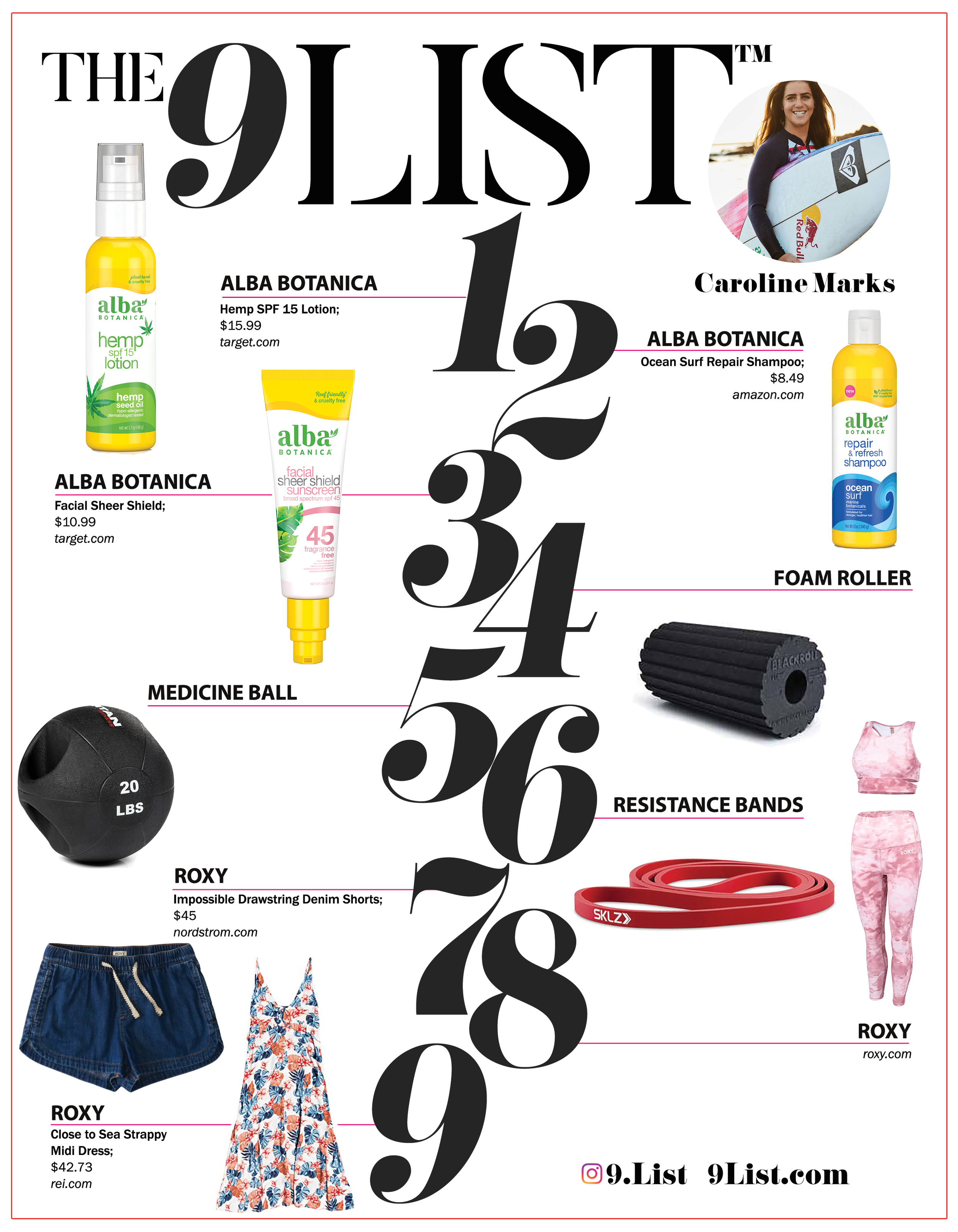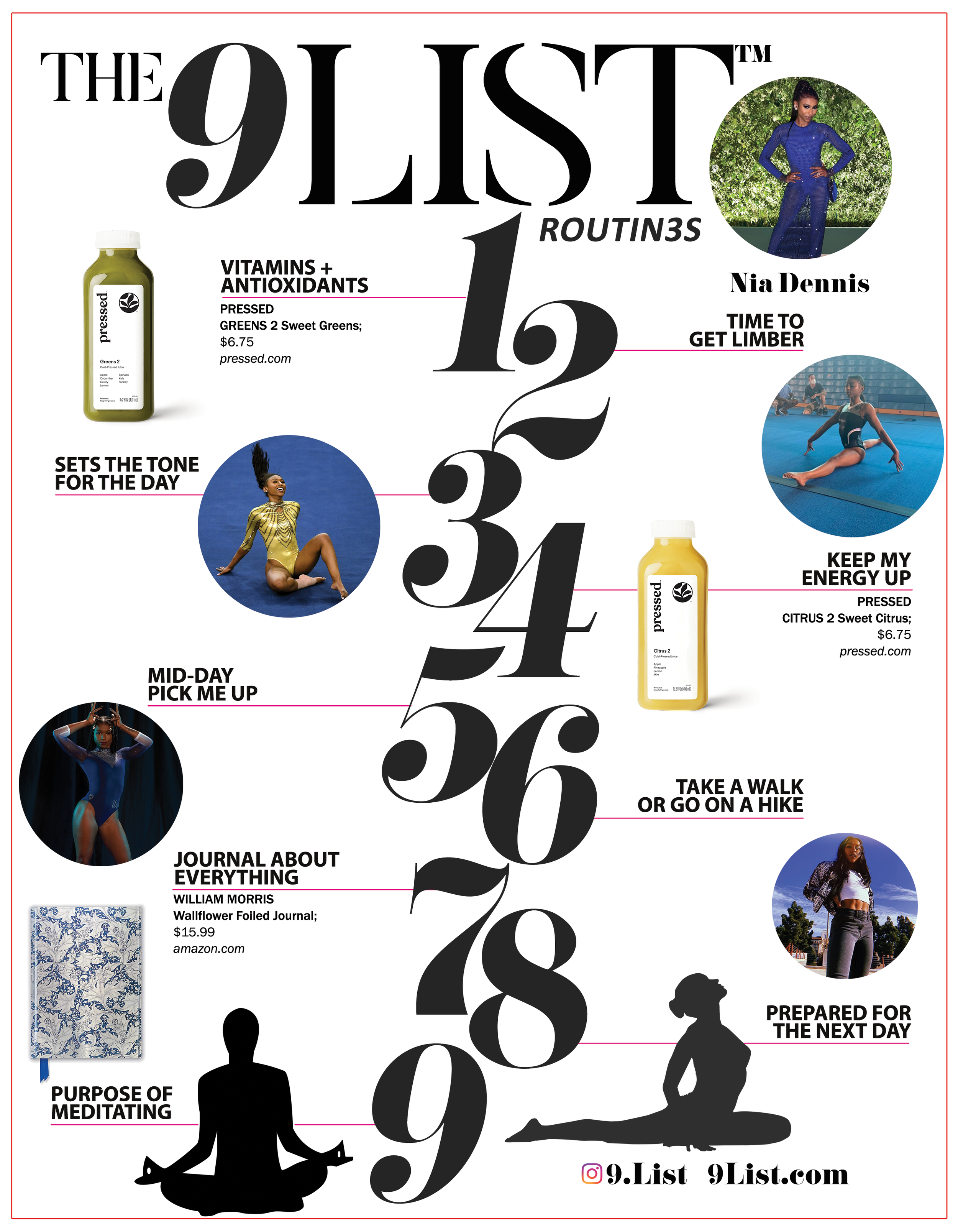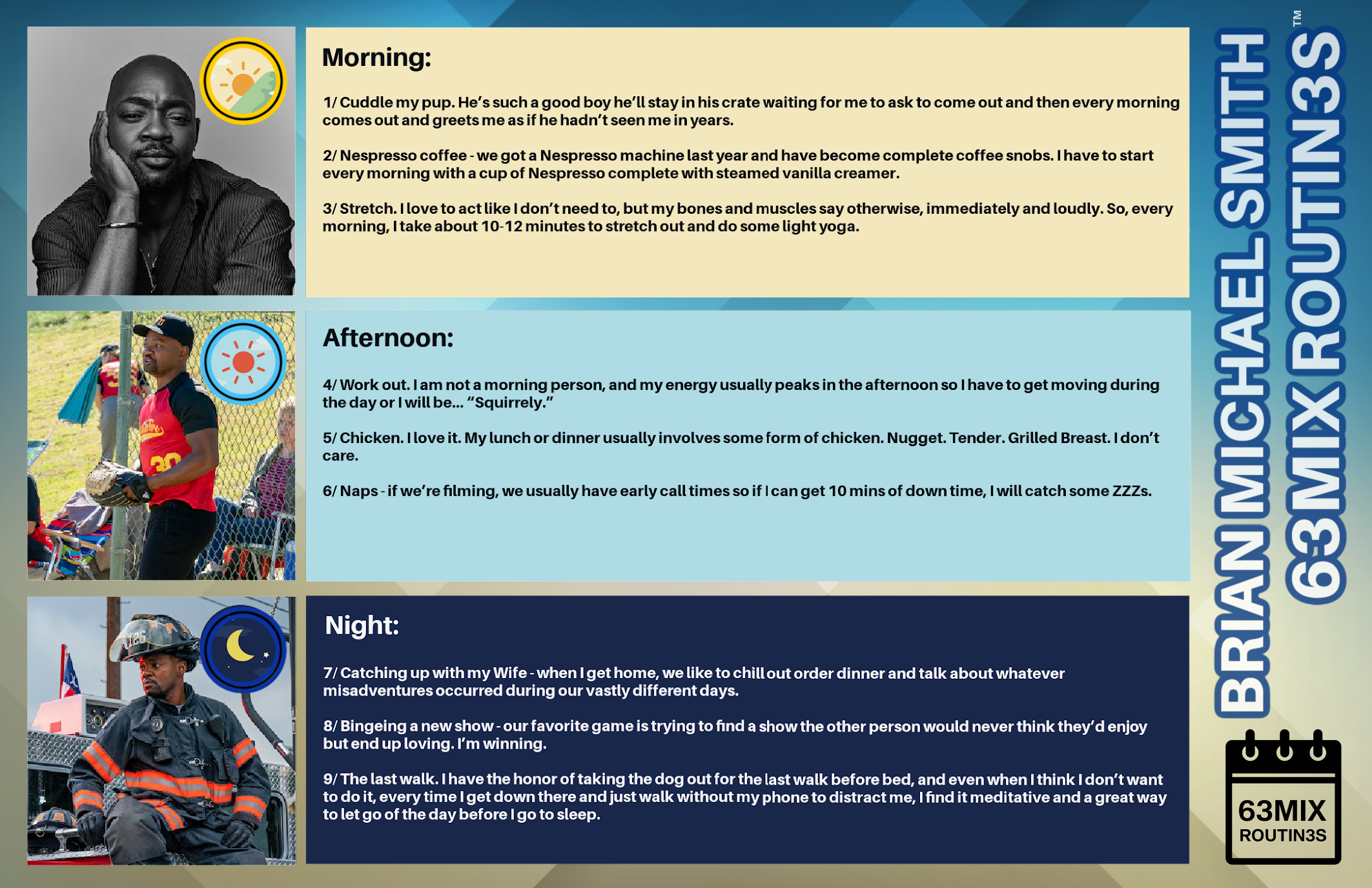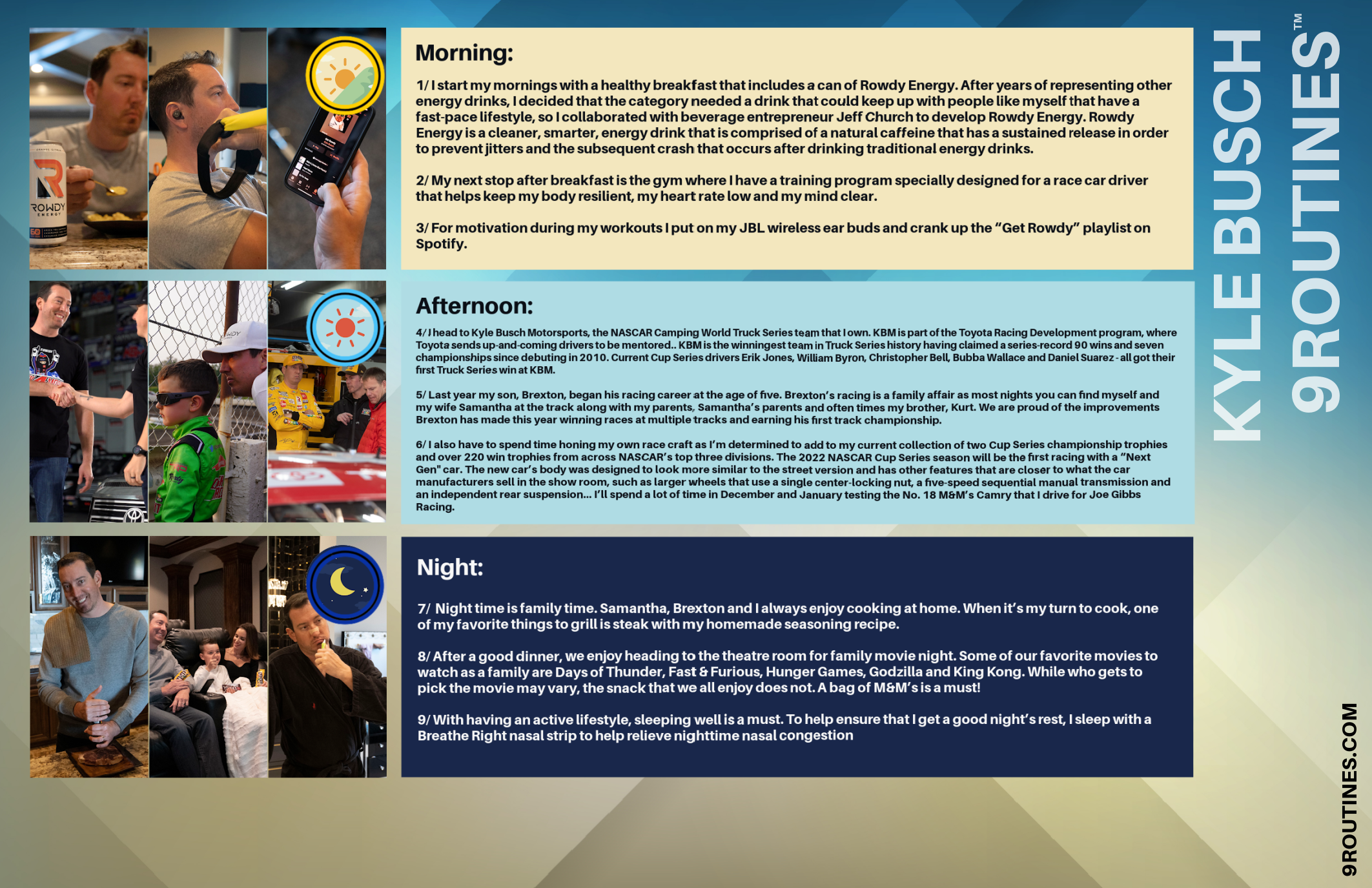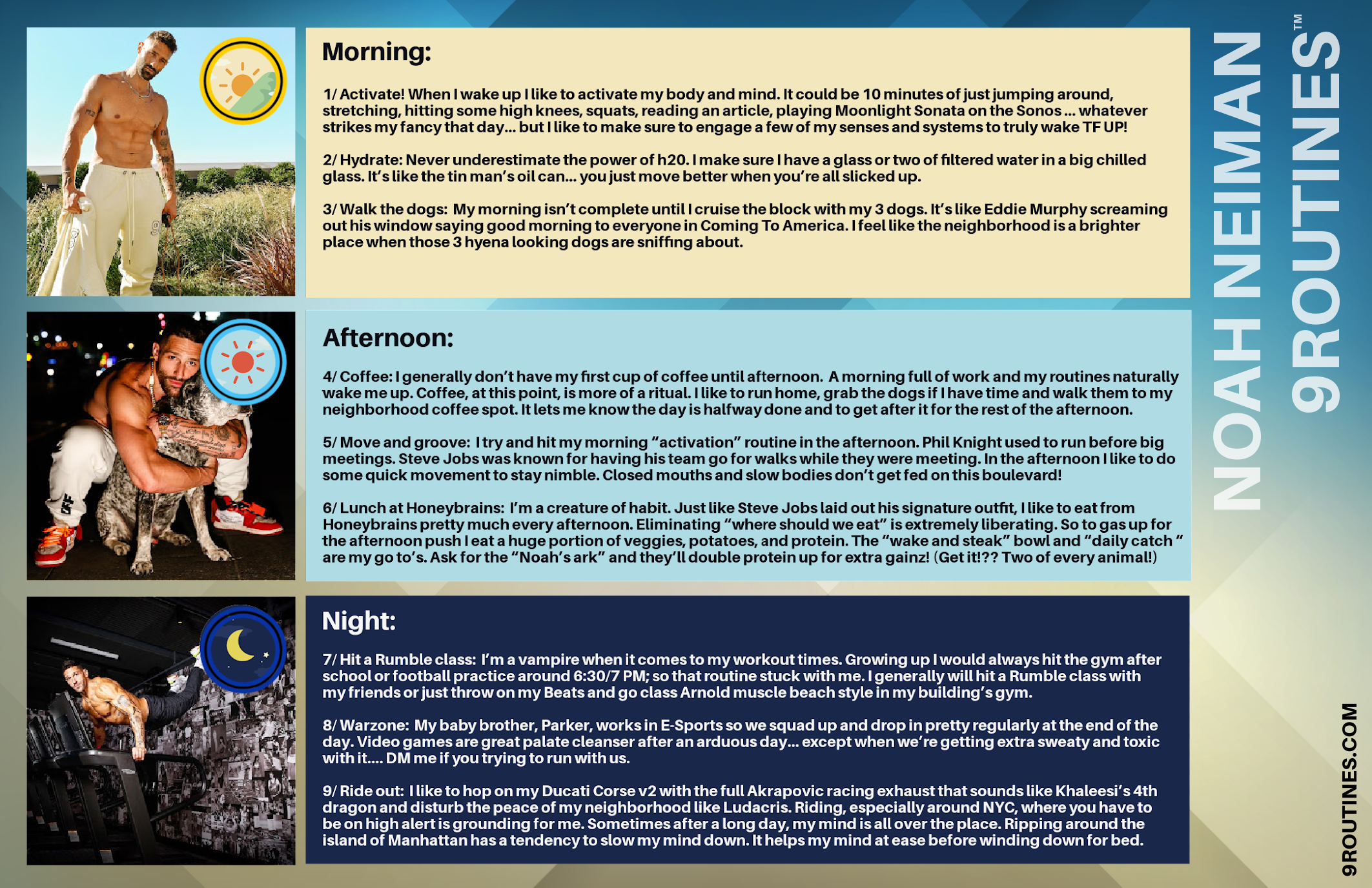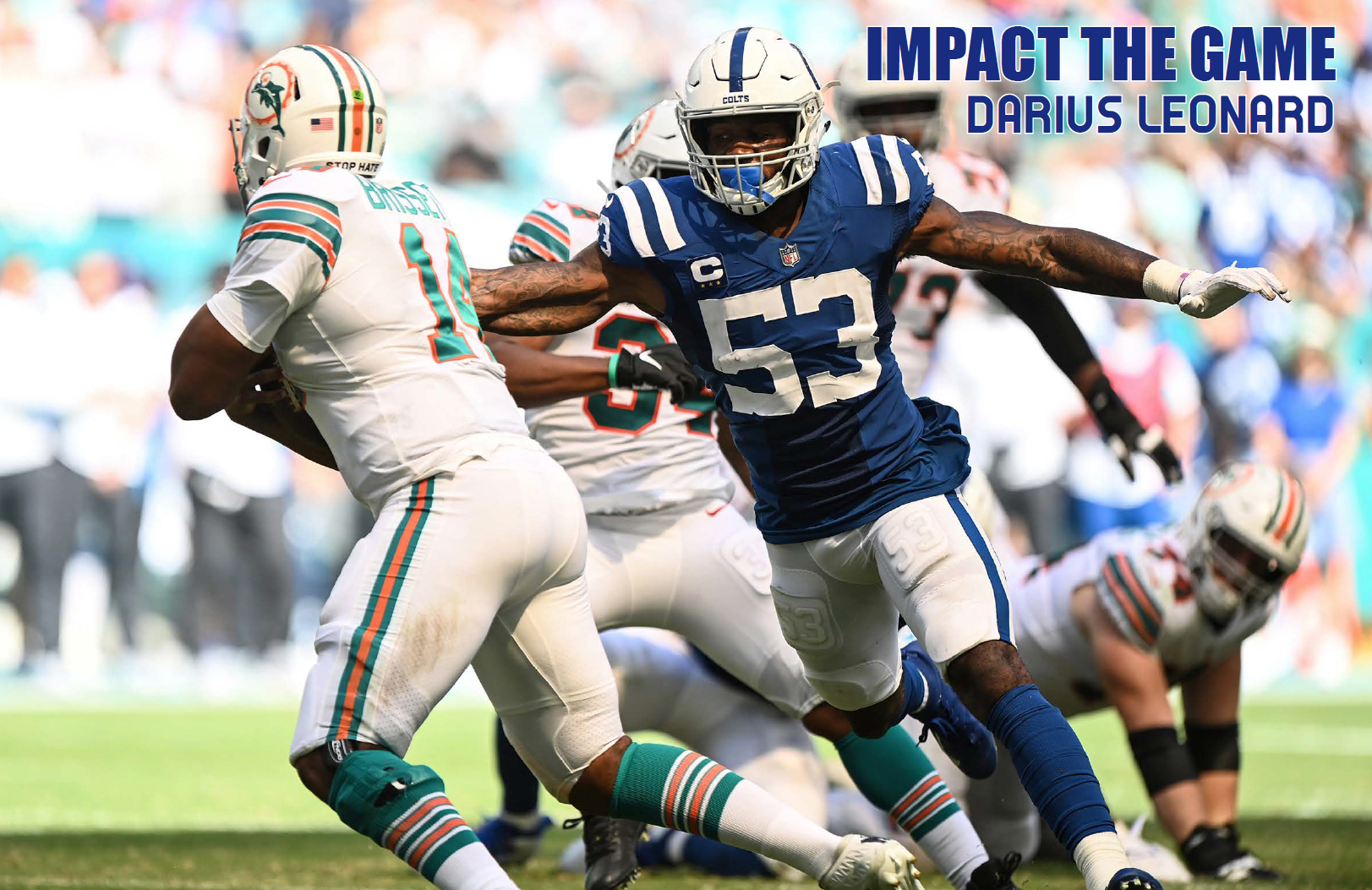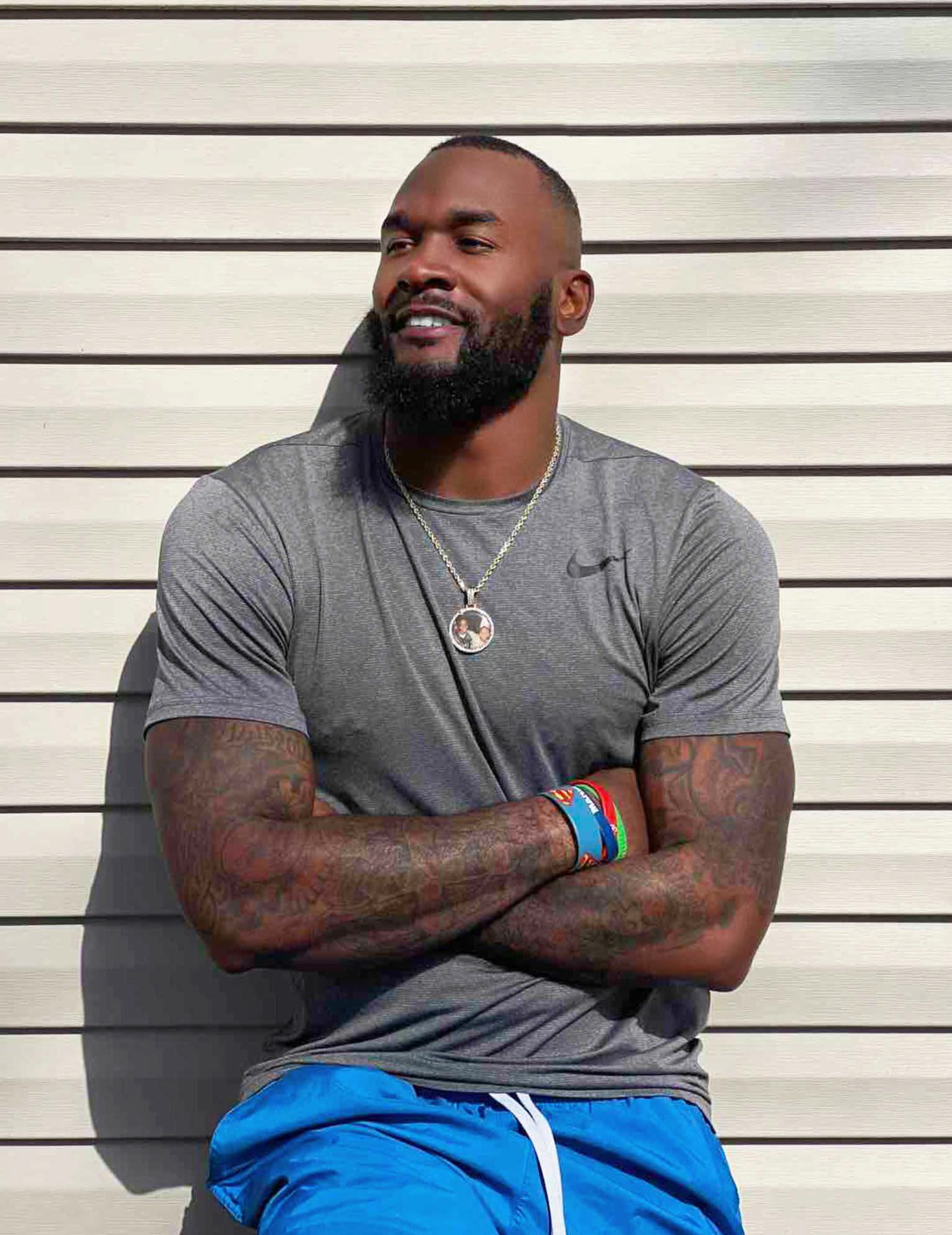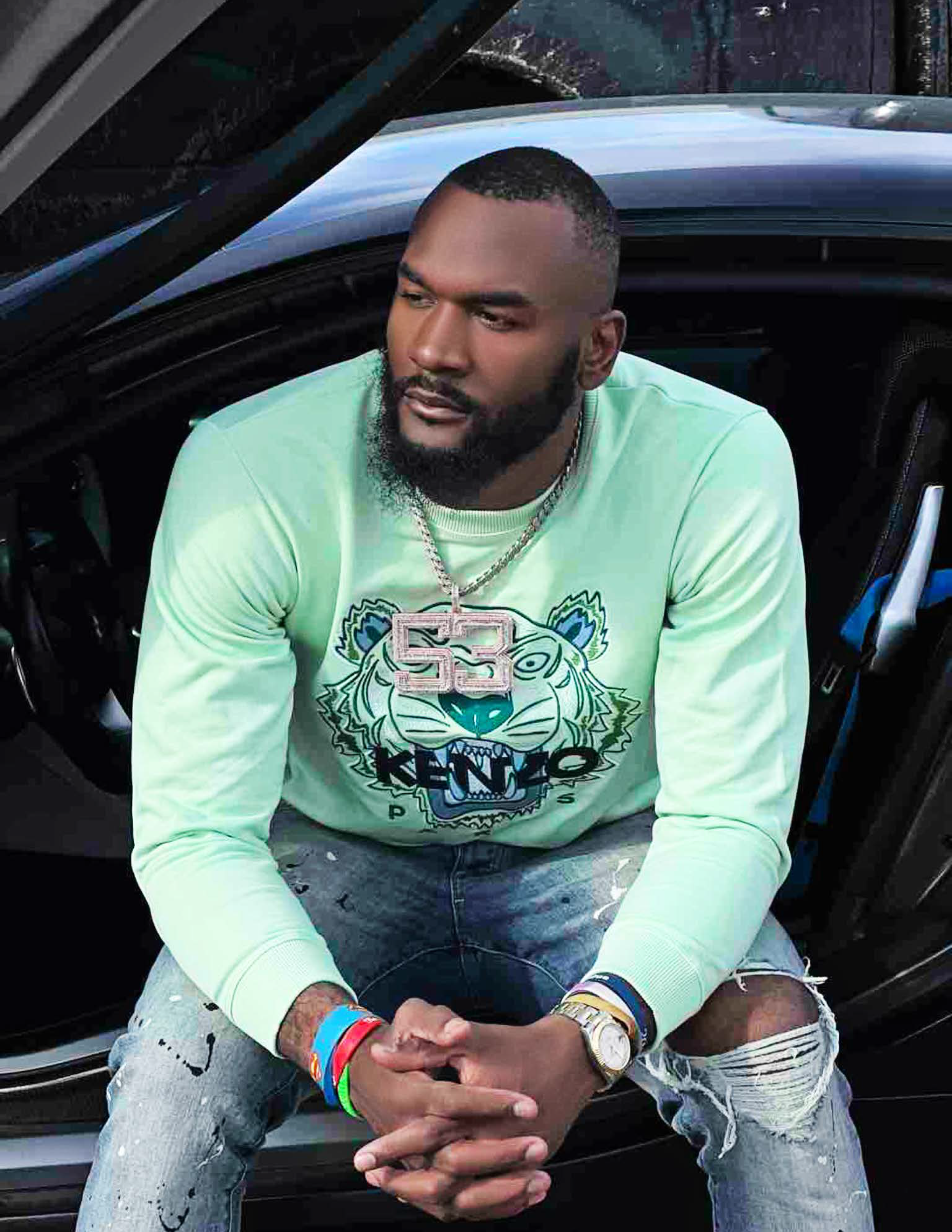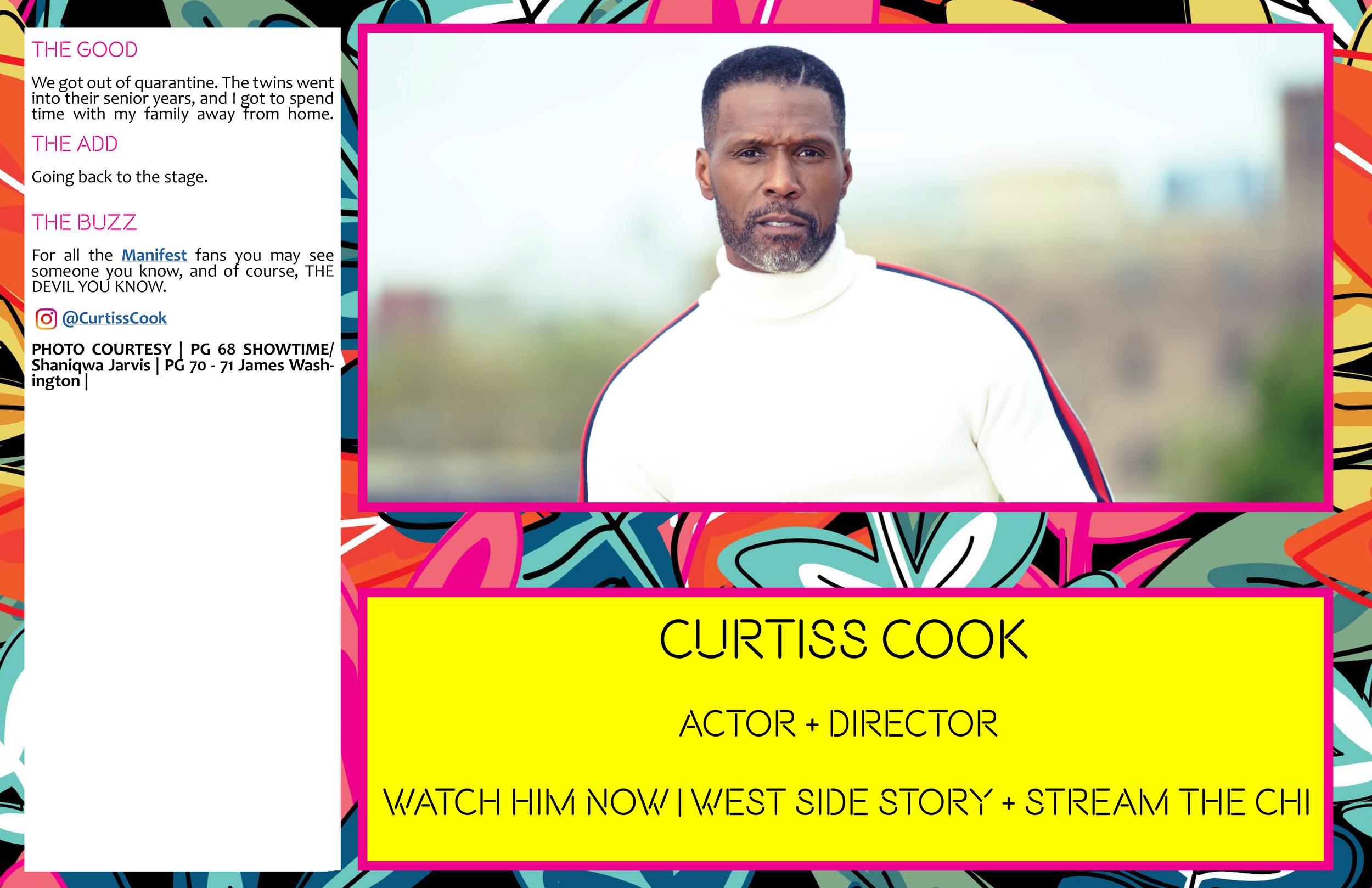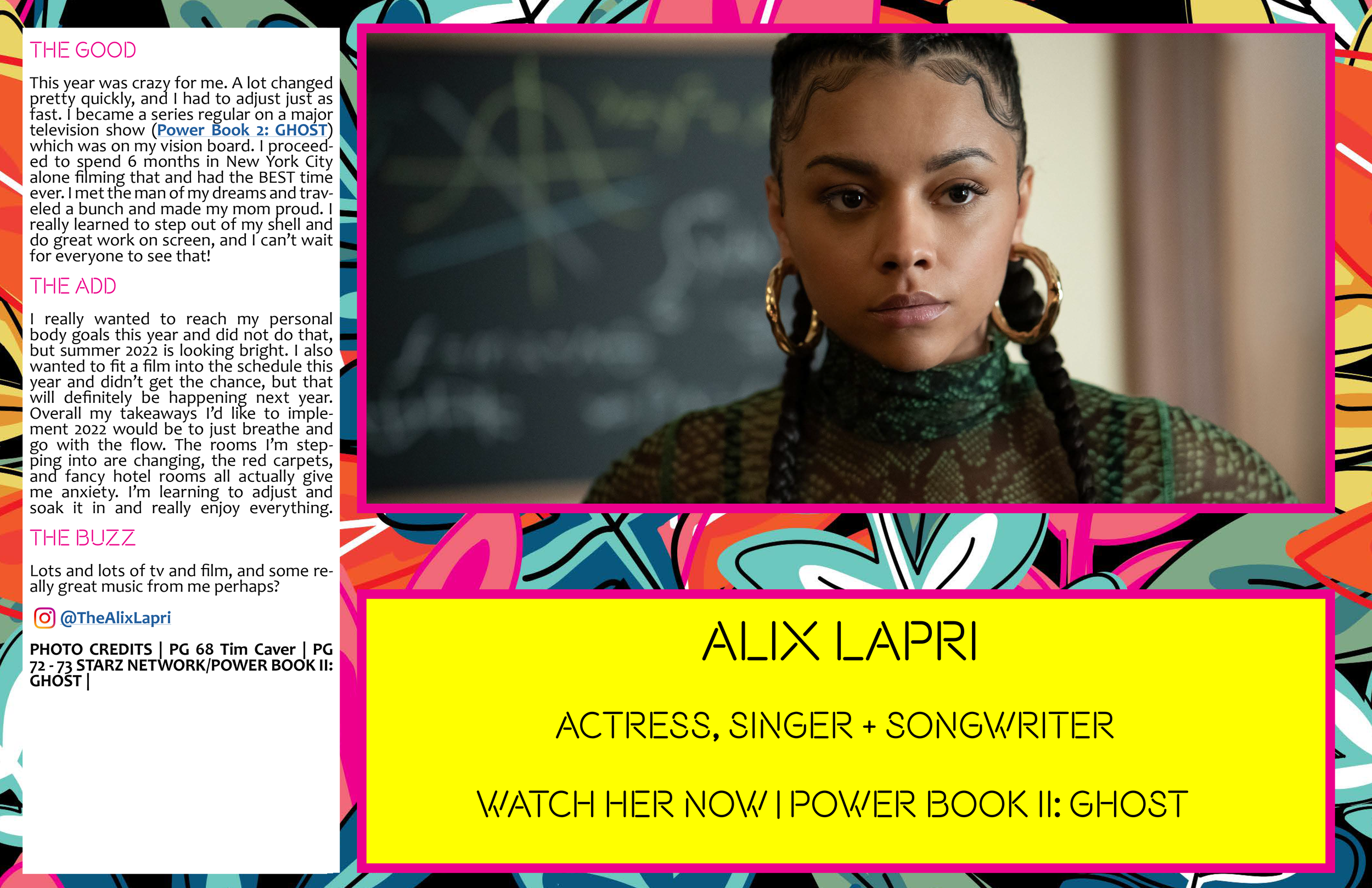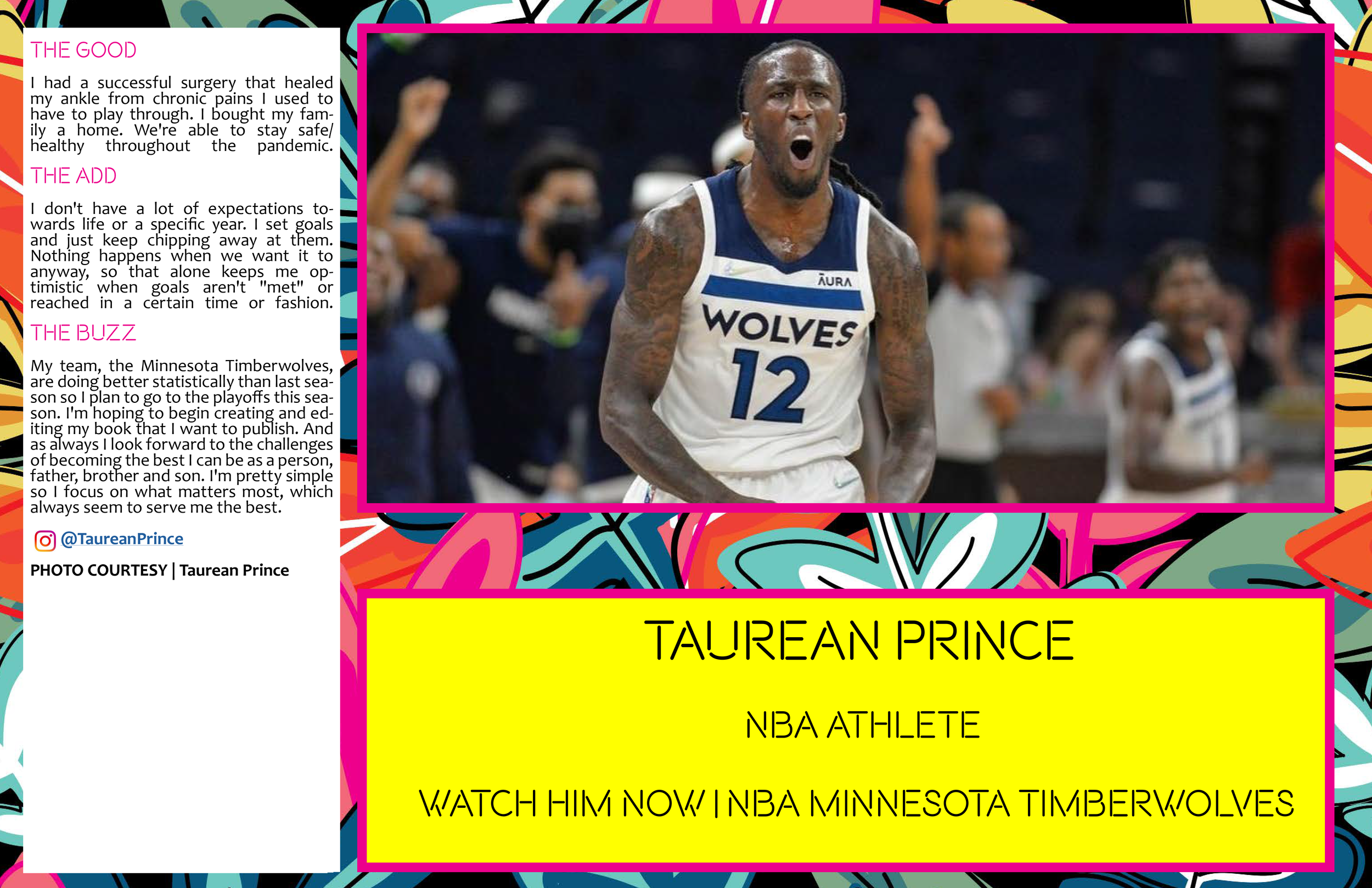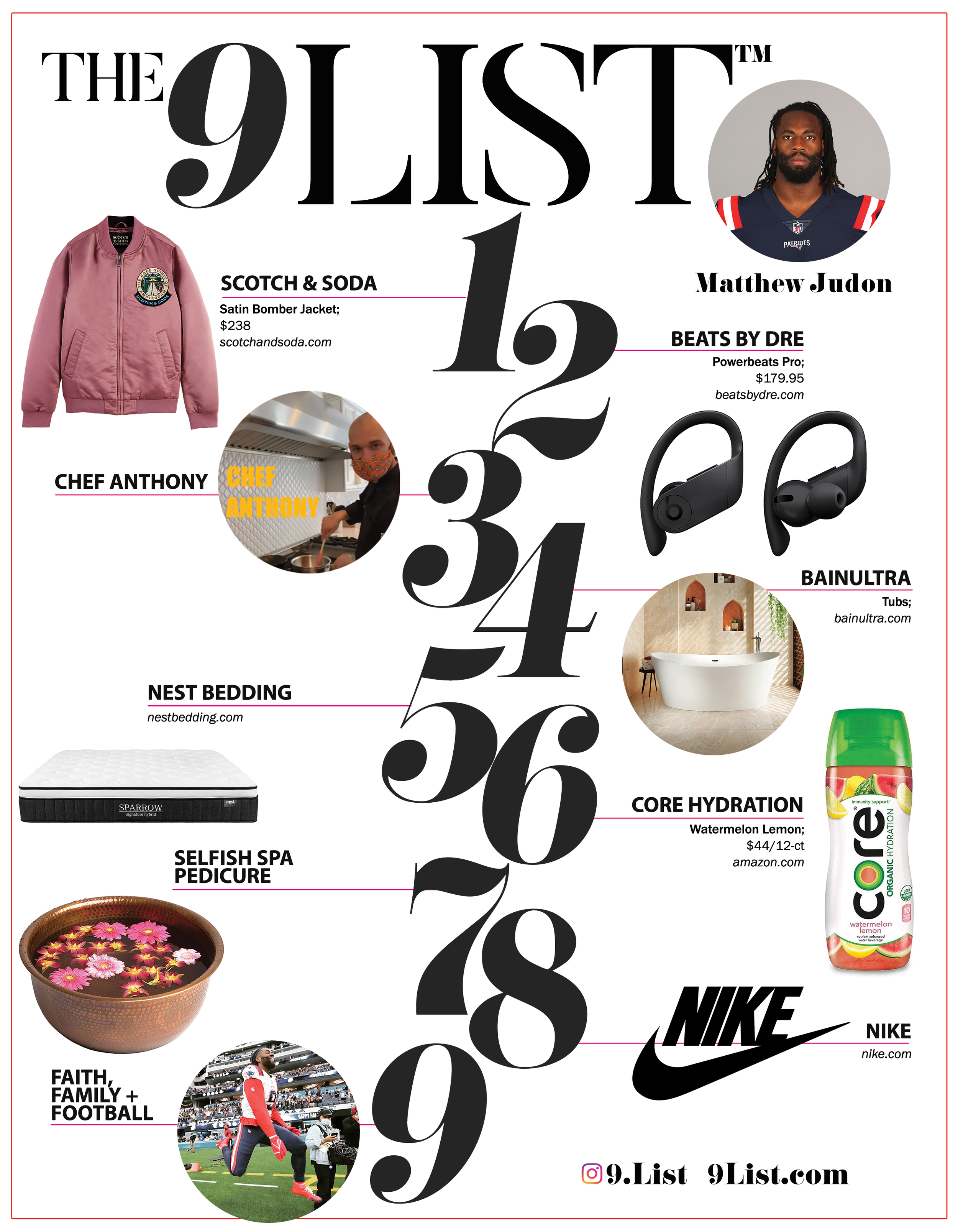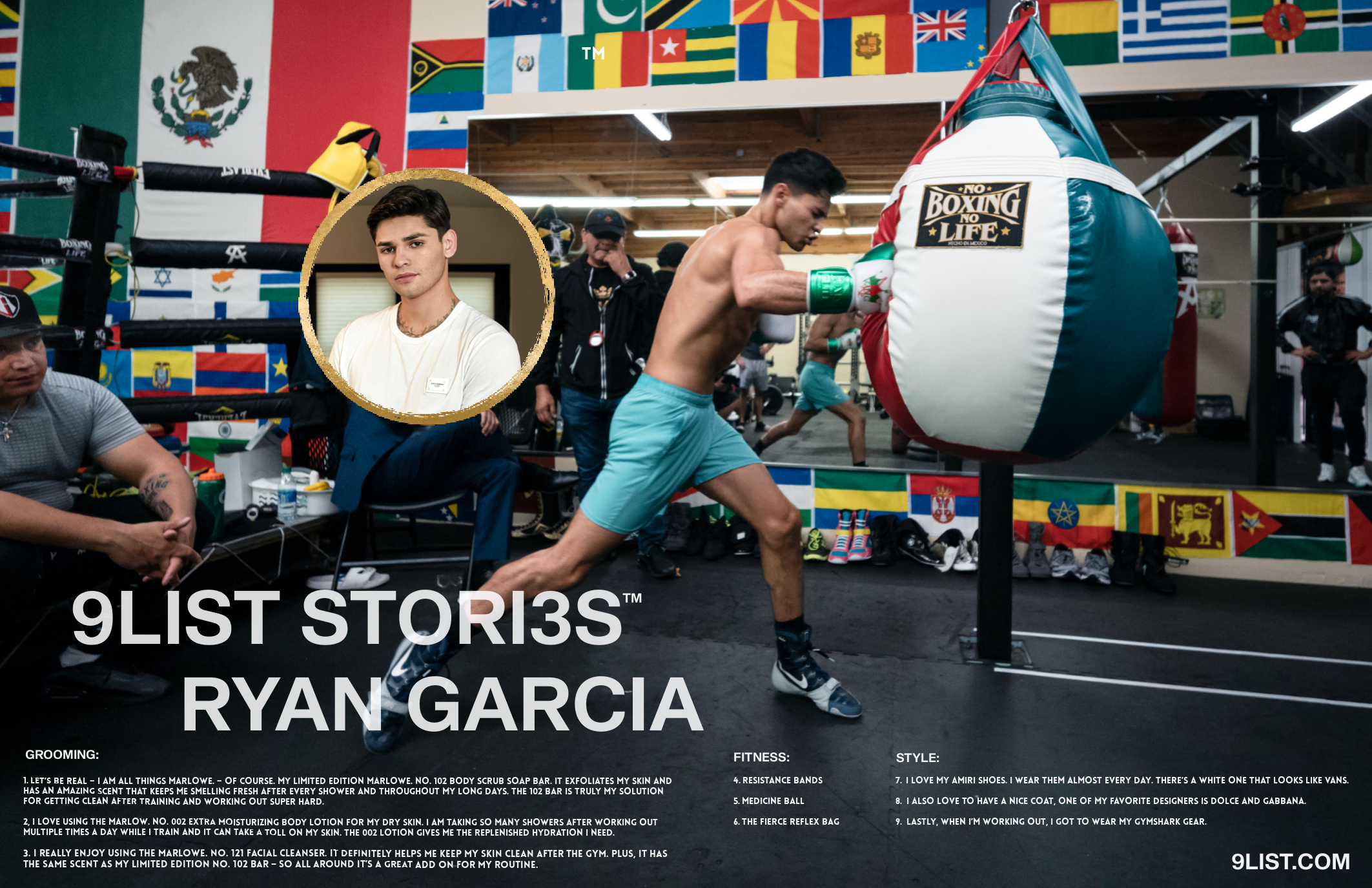AM: That’s an interesting point that you made as I wasn’t thinking about that. Is it difficult for you knowing that as you’re going in that there are judges that aren’t into the details of your sport, but they are literally judging what you’re doing?
TW: Yeah I mean, it’s difficult, but like I told you before, I have been blessed to have some good friends. Lin Oeding (Reacher, Cobra Kai, Warrior), a fighting/stunt coordinator/performer and who is a director now, he kind of gave me his mindset because he’s good at analyzing issues that come up with good solutions. He said, “Tyron, if you train this way (in the formula that I told you), you’re going to be hard to beat.” Luckily for me, even though my background was grappling, wrestling, jiu-jitsu and the last thing that I started to do was striking, I was one of the best strikers and one of the most explosive strikers. I would use the fact that people were so scared of my ability to take them down - that it actually made them tense up a little bit. Then I would be able to sneak in and make it look like I was going to be able to take a shot when they responded to do that by lowering their hands or getting intimidated, then I would just come up and punch them in the face.
AM: You began your career in Strikeforce and you’re a 5 X UFC Welterweight Champion, can you talk about what it means to have such an amazing career of 19 wins you only have 7 losses and a draw – it’s great stats.
TW: For me, it was always to try to be the best. Everybody else wanted to participate or to just get to the UFC or to win a title. Because, when you win a title, no one can ever say that you’re not a champion – you’re a champion. But my goal wasn’t just to win 1 title, it was to be the best. By definition, the best is somebody that gets a title and defends it multiple times and makes it very difficult to be beaten and that was my motivation. I accomplished that and obviously, life has highs and lows sometimes you don’t understand how things go, but it’s not really for us to understand. I just use it as a learning curve to keep getting better and to create my legacy.
AM: What is a normal week like for you when you’re in the gym training. You must be doing the most insane workouts and spending many hours to be where you’re at!
TW: You know, I used to do that when I was younger by spending many, many hours. You need to know if you can do it. You need to see if you’re built for it because what you don’t want to do is to waste their time or to waste your time.
This ain’t a sport where you do all of this hard work and you don’t know if it’s right for you. It’s too hard and there are great chances where you can get hurt. If you find out early in your career that you strike on somebody and they hit you in the face and you didn’t like it, shit maybe it ain’t up for you. If you don’t deal with pressure well, if you’re learning curve isn’t up to par with the growth of the sport, you have to look at yourself and say, “hey, you know what – maybe I should be a coach or I should be alongside it or I should do it for leisure but not put all my ducks in a row.” Some fighters think that just because they decided that they were going to give up the rest of their life towards this that they should be a pro fighter. That’s not how it works.
AM: Can we expect to see you in an upcoming MMA fight and who would you like to fight?
TW: I want to fight big fights. I don’t want to fight any small fights. Right now I feel like, if I beat 5 - 10 super high level guys and get a world title again that don’t mean shit. That’s not going to make me anymore of a great. I had to talk to God about this. I wanted to do that. I wanted to go back and get my belt back - it's the ego. Because, that's not my belt. That’s the current person’s belt, they earned their belt and I lost my belt. They didn’t take my belt, they earned theirs. Once people start thinking about it that way, his blessings are not mine and mine is not his. So, me going back and trying to chase that down – something that I have already done is kind of ego. So I had to check myself and now I just want to fight to make myself happy, to make a lot of money and to make a big fuss and a lot of exposure and a lot of media and buildup and marketing and big endorsements – big exposure and everything is leading me towards another area of martial arts.
AM: How much influence do you have when it comes to setting up matches. Are you able to select or at least propose who you want to go against? How does that process work?
TW: In the UFC, I didn’t really get much of a say so. If I did a couple of favors and I particularly wanted to fight somebody and they felt that it made sense and they could see how that looked good marketing-wise, then it became a yes. It was always if this person that I wanted to fight, made sense for them as well, then we’d do it. If it didn’t, then there was no chance. There were many times when it didn’t make sense for me to fight in my career, that they didn’t care and they wanted that fight to happen. Right now, I’m in a different position. Today, I was offered a fight, my first question was what’s the weight, where’s it at and are we at 7 figures and up?
AM: Ok now.
TW: Yeah why wouldn’t I?
AM: It’s interesting as I’ve always been interested in how these matches come together and it’s great that you’re able to have the ability to set those standards and parameters.
Why were you interested in boxing as you have had 2 fights against Jake Paul and will you continue to box?








